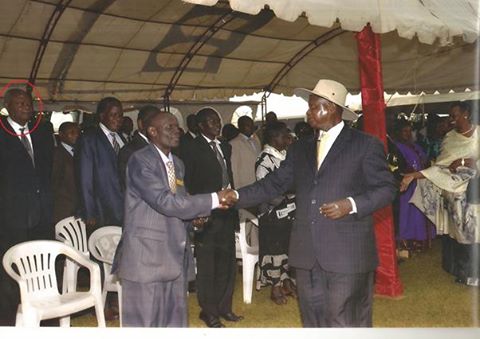Guest writer/letters’ editor
State house and office of the president like every institution/organization private or public must have a strict way of managing its communication and information systems, channels and personnel.
Here below are problems of not following prescribed communication channels:
- Failure to follow proper channels of communication can lead to breakdown of co-ordination and accordingly cause confusion.
- Failure to follow what is prescribed may lead to policy distortion and bring the government into disrepute or be cast in bad light in the eyes of the masses (public)
- Disciplinary action must be meted out to any officer who fails to follow prescribed communication channels and proper information management.
- Non-effective communication can lead to generalization and stereotypes such as everyone in government are slow, the public service is corrupt and people in public service don’t care
Communication means the process of sharing ideas, exchanging information and feedback, it can be verbal or non-verbal like one of the laws of physics that says that every action produces reaction, so is communication. On the other hand, information according to the Longman Dictionary of Contemporary English means “something which gives knowledge in the form of facts, news extra”.
For example, one can call a press conference and announce or promise that one has discovered a cure for HIV/AIDS; this becomes information to the media people but not necessarily facts.
Of late however, His Excellency the President personally abandoned his communication manager(s) and taken to communicate to the population by himself.
Communication in the public service is largely done on written exchange of official memos and or letters both within and without a particular Ministry, Agency or Department of Government. Communication within is between the political leadership, public servants and between civil servants.
The permanent secretary is responsible for ensuring that the line Minister is made aware of, and consults upon any administrative decisions which may have Political Ramifications. In the matter of the two recent Presidential messages on the Arua By-election fracas in which communications, the Head of State labours to explain away the situation and condition of singer-cum politician Hon. Robert Kyagulanyi Sentamu (Bobi Wine) and other injured politicians should have ordinarily been handled by relevant Permanent secretaries for they (PSs) provide the link between public servants and political leadership while relevant ministers provide the link between ministries/agencies/departments with the Prime Minister and or the President. This seems to have collapsed leaving the President vulnerable to contradictions. Similarly PSs normally communicate with each other by memorandum or demi-official letter, and not by passing files. Each ministry including that of Presidency is required to have its own record of correspondences.
Communication between officers of different ministries must be done through that Ministry’s Permanent Secretary. If a Minister in a particular ministry wants to deal with a staff matter in his/her Ministry, he/she normally raises the issue with the PS who then raises the matter with that staff.
Communications to superior officers must be done through immediate supervisors, head of section/division in case of the army/department to the superior officer. Officers in different departments/divisions/sections should whenever they want to communicate with each other do so through the head of department.
Nabendeh Wamoto S.P (0752658433)
simonwamoto@yahoo.co.uk





